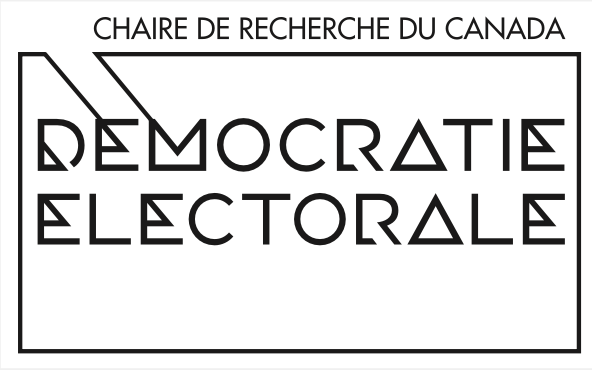Electoral Chairs’ Seminars – April 3rd
3 April 2023 • 12:00
C-4145
3 April 2023 • 12:00
C-4145
Is Social Media Affectively Polarizing Us? An Experiment Comparing Facebook and Instagram Users
Juliette Leblanc – Master’s student at Université de Montréal
Do social media raise levels of affective polarization by increasing animosity towards opposing partisans? Research show that affective polarization is influenced by the growing levels of elite ideological polarization and most importantly, the changing media systems. Social media platforms, where users are more inclined to be exposed with information consistent with their predisposition, such as what they believe in regard of their likes, comments and follows, might act differently based on configuration characteristics like algorithms, comments sections and presentation. I present a two-wave experimental study where around 600 respondents were asked to follow pre-identified political accounts in line with their self-reported ideology between two social-media platforms – Facebook and Instagram. This three-week long study where I recreated echo-chambers administered in a natural environment, will allow us to shed light on how different social media platforms operate and how the habit of getting political information on social media could alter people’s feelings towards opposing partisans.

This content has been updated on 30 March 2023 at 11 h 35 min.